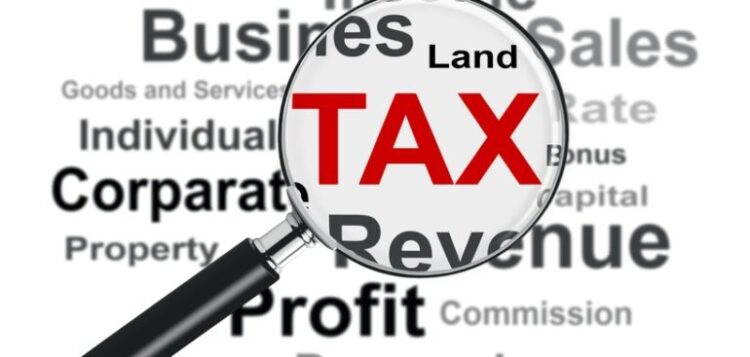The Chairman of the Presidential Fiscal Policy and Tax Reforms Committee, Mr. Taiwo Oyedele, has announced a sweeping set of 50 tax exemptions and reliefs aimed at easing the financial burden on low-income earners, average taxpayers, and small businesses, as part of Nigeria’s new tax reform framework set to take effect on January 1, 2026.
In a statement released via his official handle on X (formerly Twitter), Oyedele described the package as “one of the most people-focused tax reforms in Nigeria’s recent history,” emphasizing its focus on fairness, simplicity, and inclusiveness within the nation’s fiscal system.
According to him, the reforms are designed to reduce tax pressure on the poor and productive sectors of the economy, while encouraging compliance and improving the ease of doing business.
“From 1 January 2026, the new tax laws will provide many reliefs and exemptions for low-income earners, average taxpayers, and small businesses,” Oyedele said.
Highlights of the 50 Tax Reliefs and Exemptions
1. Personal Income Tax (PAYE):
- Individuals earning the national minimum wage or less will be fully exempt.
- Annual gross income up to N1.2 million (about N800,000 taxable income) will be tax-free.
- Reduced PAYE rates for those earning up to N20 million annually.
- Gifts and donations will also enjoy tax exemption.
2. Allowable Deductions and Reliefs for Individuals:
- Pension contributions, National Health Insurance, and National Housing Fund contributions remain deductible.
- Interest on loans for owner-occupied housing, life insurance or annuity premiums, and rent relief up to N500,000 (20% of annual rent) will be allowed.
3. Pensions and Gratuities:
- All pensions, gratuities, and retirement benefits under the Pension Reform Act are tax-exempt.
- Compensation for loss of employment up to N50 million will not be taxed.
4. Capital Gains Tax:
- Exemption for sales of owner-occupied homes, personal effects worth up to N5 million, and up to two private vehicle sales per year.
- Share gains below N150 million annually or N10 million per transaction will be exempt, while reinvested proceeds will also qualify for relief.
5. Companies Income Tax (CIT):
- Small companies with turnover below N100 million and total fixed assets not exceeding N250 million will pay 0% CIT.
- Startups classified as “eligible” under government guidelines will also be exempt.
- A 50% compensation relief will be granted for salary increases or transport subsidies to low-income workers.
- Agricultural businesses will enjoy a five-year tax holiday, covering crop production, livestock, and dairy.
6. Development Levy:
- Small companies are exempt from the 4% development levy.
7. Withholding Tax:
- Small companies, manufacturers, and agricultural businesses are exempt from withholding tax deductions on their income and payments to suppliers.
8. Value Added Tax (VAT):
- Basic food items, rent, education materials, healthcare services, and pharmaceuticals will attract 0% or exempt VAT status.
- Small businesses earning less than N100 million annually will not charge VAT.
- Agricultural inputs, disability aids, baby products, sanitary towels, electric vehicles and parts, and humanitarian supplies are all VAT-exempt.
9. Stamp Duties:
- Electronic transfers below N10,000, salary payments, intra-bank transfers, and transfers involving government securities or shares will be exempt from stamp duties.
Encouraging Responsible Tax Communication
Beyond the fiscal reliefs, Oyedele also launched an initiative to promote accurate public awareness about the reforms. He urged Nigerians to nominate social media creators who have been educating their audiences about the new tax laws for a special “Influencing for Good” training program.
According to him, misinformation about taxation spreads fast and often misleads citizens, while accurate and balanced information empowers people and builds trust.
“Misinformation spreads fast, often to the author’s benefit but to the audience’s loss. Accurate information may travel slower, but it empowers everyone and earns lasting trust,” he said.















